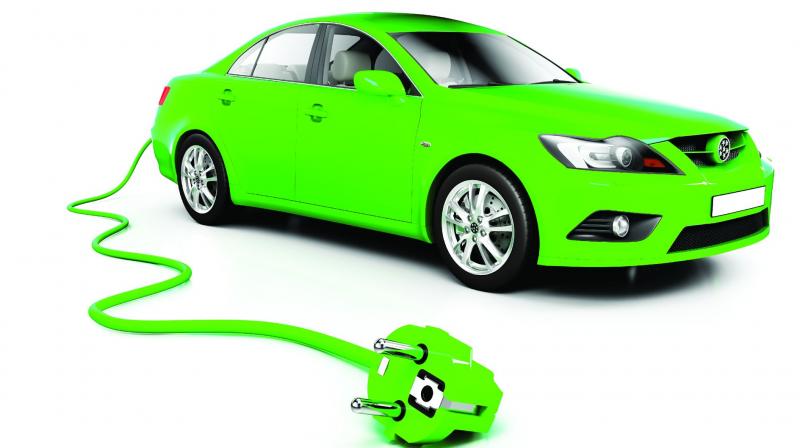Industry must rein in spend on electric, self-driving cars: Magna CEO

Global automobile and auto parts makers which want to capitalize on electric and autonomous vehicles need to cut back investments and forge more partnerships instead, the chief executive of global parts supplier Magna International said Tuesday.
Over the next decade, vehicle and parts suppliers plan to spend $300 billion to bring electric cars to the mass market, Magna CEO Don Walker said, a huge jump from last year’s industry estimate of $90 billion for the period.
“We have to reduce the amount of money everybody’s pouring in, because the end consumer basically wants cheap transportation,” he said in a speech at the Automotive News World Congress in Detroit.
“Ultimately, we need to be more efficient with the capital we deploy in the industry.”
The comments came as Volkswagen AG and Ford Motor Co said on Tuesday they would join forces on commercial vans and pickups and were exploring joint development of electric and self-driving technology, actions meant to save the automakers billions of dollars.
Big oil, telecommunications and technology companies are also making large bets on electric vehicles, investing in areas such as battery startups and charging stations.
However, payback will not come quickly, Walker said.
The path to electric and autonomous vehicle adoption is being shaped by hard-to-predict factors, such as evolving battery chemistry, vehicle cost and performance, infrastructure and government regulation, he said.
Aurora, Ontario-based Magna, the world’s third-biggest parts supplier, estimates that by 2025, all-electric vehicles will make up just 4 to 6 percent of market share, Walker said.
Vehicles with internal combustion engines will represent 30 percent to 37 percent, while plug-in hybrid electric vehicles are seen at 6 to 9 percent.
In 2030, the autonomous vehicle market is estimated at $80 billion to $95 billion in annual sales, Walker said, with just 7 percent market share seen in fully autonomous vehicles without steering wheels or pedals. Some 70 percent are expected to have either no or partial automation and 23 percent with extensive automation.
“This is a very expensive endeavor (with) lots of people working on it,” Walker said of autonomous vehicles. “I think we need to have more cooperation.”
Magna partnered with Lyft last March to supply the ride-hailing service with high-tech kits to turn vehicles into self-driving cars.
Last summer, it set up two joint ventures with Beijing Electric Vehicle Co, China’s largest electric car maker, to engineer and build EVs in China.

